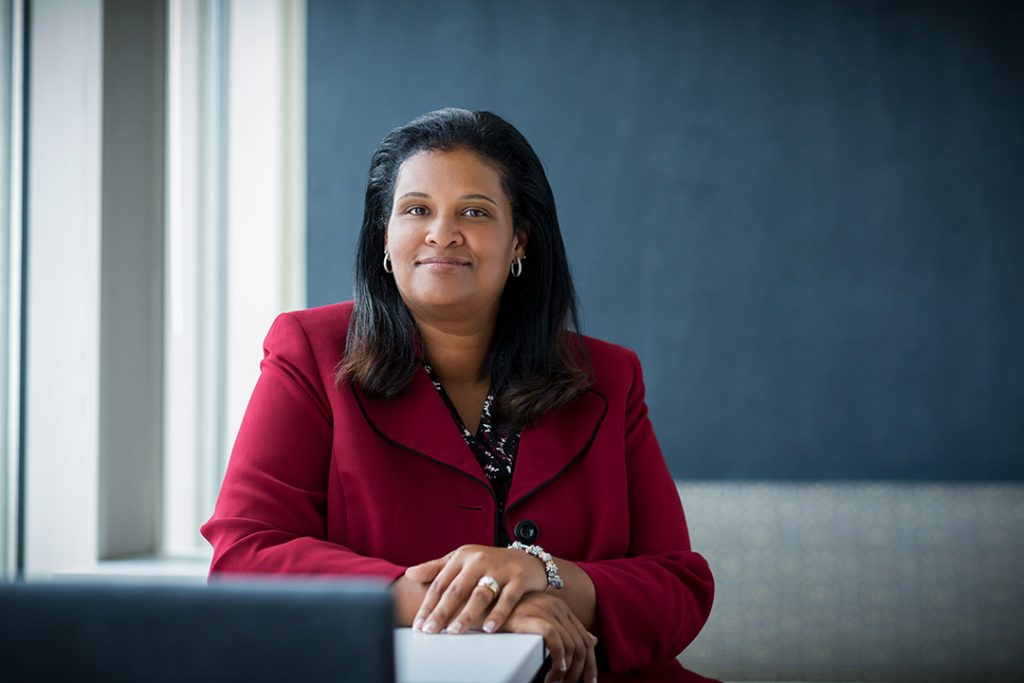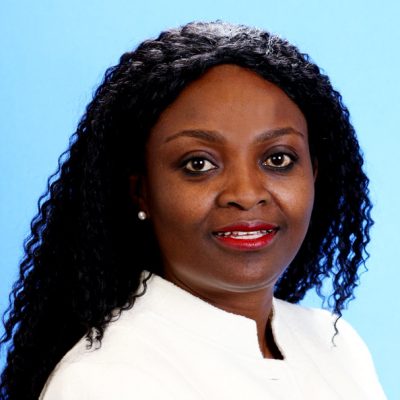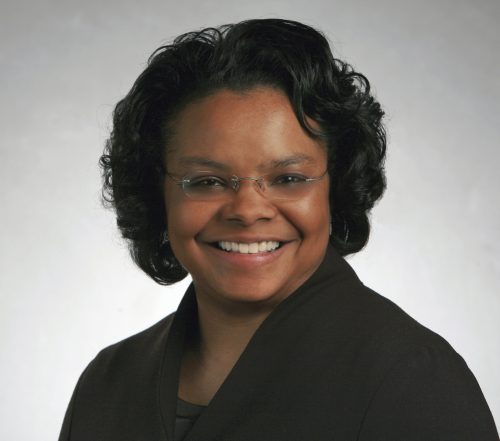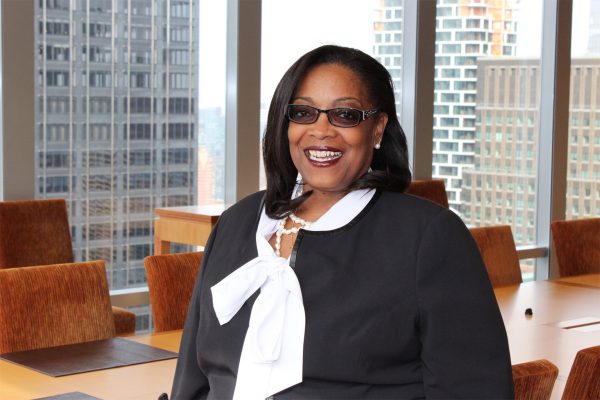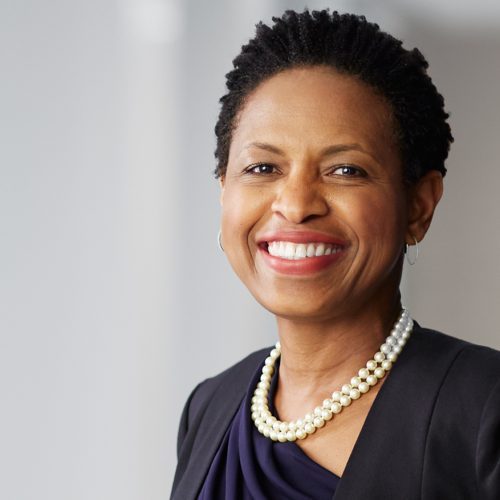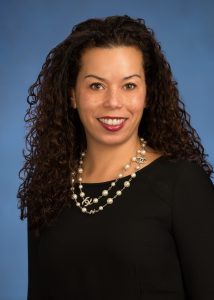 By Nicki Gilmour
By Nicki Gilmour
As we close out our Black History Month coverage this week, and in a direct follow up to my Op-ed on mental constructs regarding Race and how to talk about racism.
I ask how can you ensure your network is not just full of people like you, who hold the same constructs and therefore everyone can easily have confirmation bias? Bad for business with potential ‘groupthink’ coming into play, and bad for personal growth.
I am going to ask you to check whether you walk the talk on having an inclusive network.
Does your network consist of people who look, think and act like you, in every way? I am here to ask what can you gain by broadening your horizons?
How can you ensure you are getting to know perspectives that are different from yours? Equally, how can you explore enough when you are getting to know someone, to find out if that person who do not look like, can actually be very similar? How can you not presume or make assumptions based on stereotypes? It is hard because you brain “goes” there and research from the fields of neuroscience and social science’s “ladder of inference” can be shared with you in one sentence here. Simply put, your brain tricks you into thinking you have seen this before and you know what this is about. Guess what? You don’t know what is coming next, whether it is your brain seeing four red cars and subliminally telling you the next car will be red. Or whether your brain tells you that leaders are always better if they are tall white men even if you don’t know the person himself but in concept only. Or you do know the person and you dismiss their flaws and give unearned credibility to them due to concepts.
My point is, appearances can be deceptive. We are all made up of complex identities, no one is simple or one dimensional and we all have a gender (male is a gender too), ethnicity (maybe we need a new word as it implies white protestant as a benchmark baseline ), orientation (straight is an orientation too), nationality, work position, parent or not parent status, even golfer or not golfer status. Most of us, have had some affiliation to a legacy or current dominant group. We can go through life like that, easily. I had very little perspective for example of what it meant to be a Catholic growing up in Belfast as my class and religion meant I was never really stopped by army or police or had to deal with thugs and gangs and any resemblance of poverty. Bombs yes, they were everywhere and random, but the everyday drag and bias of being in the minority and less powerful group in my society, no. Yet, my mindset was one of scarcity, fear, paranoia and being aware to this day of the so-called “other”. I am not saying I am freed 100% from my sectarian constructs – maybe 99%, but I know that i see parallels in the USA with race and that is why I know for sure that people can take the diversity journey and grow. As Maya Angelou said, “when you know better, you do better.”
So, where do you start?
Step 1: Take the time to understand your values because values are espoused versions of your implicit beliefs. Chances are you are running the same old program that was handed to you in childhood via your direct environment, family structures, institutions such as school and church/temple/mosque, and the overall society you were born into and whatever norms that group had in play.
Step 2: Write out every construct you have been told such as “Trust is earned” or “X, y, z is the way it is”. What do you tell yourself when you are in varying situations as who to hire for the project, who to cut from the project, and who to promote? What do you tell yourself when you are stressed at work and having less than optimal interactions?
Challenge the and every single line by asking yourself simple questions such ‘Do I believe this, truly?’ or an advanced version of this could be ‘How else can I look at this?’ or ‘Is this still working for me now?’ and “how is this actually something that was given to me by my father/mother/granny, and is not actually how i feel at this time?”
If you would like to work with me as a coach on personal and professional growth and renewal, with real insights for you, about behaviors and the context of the operating system you are in. Please book a free exploratory time with me. Life is too short to carry outdated constructs around. Grow! Whether it is individual, or organizational change, it does not happen without awareness as the starting point.

